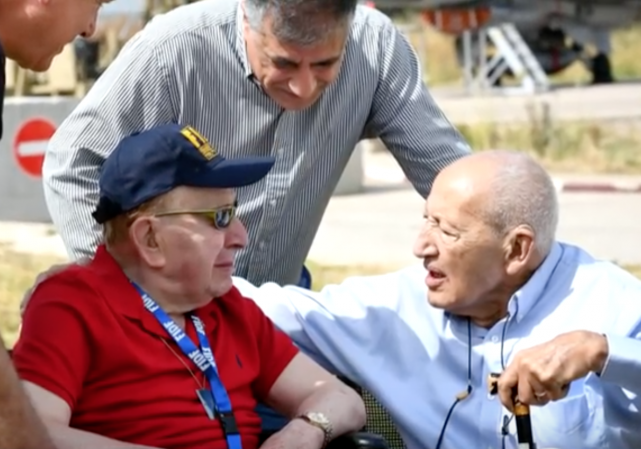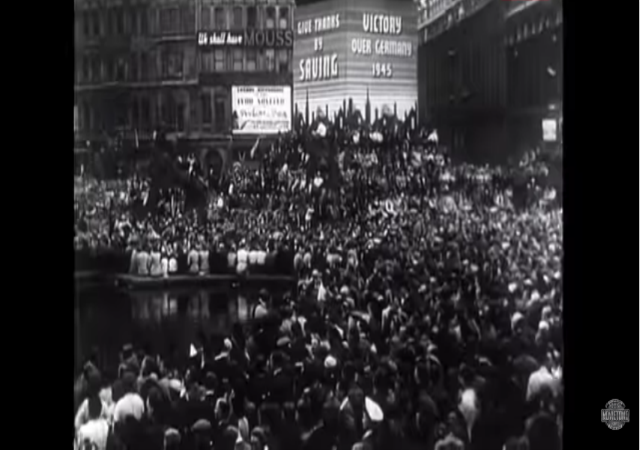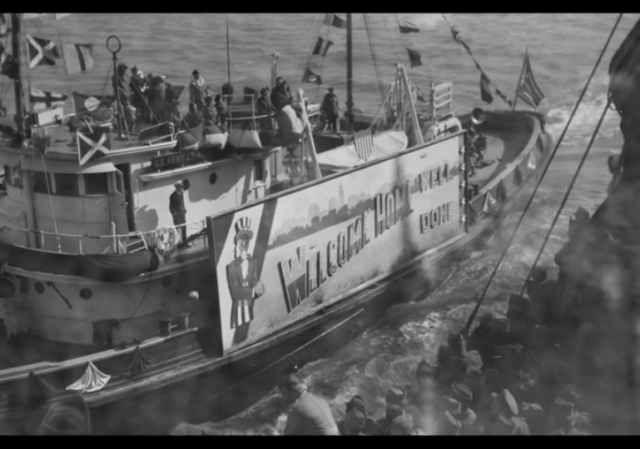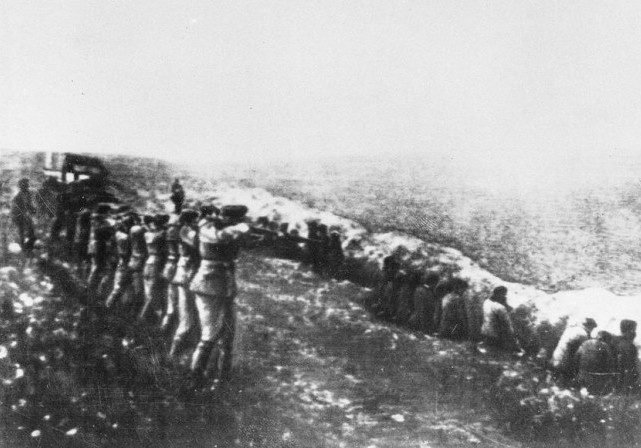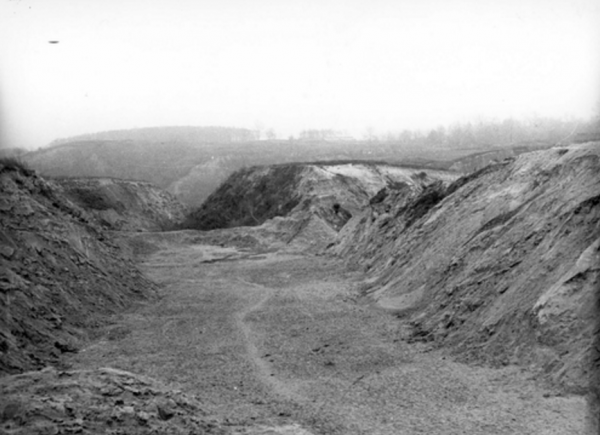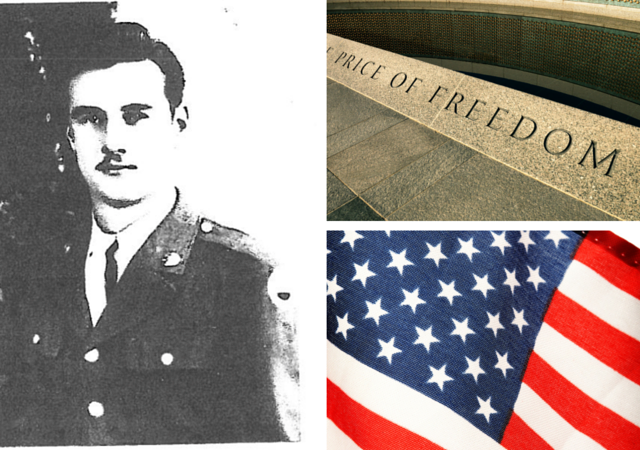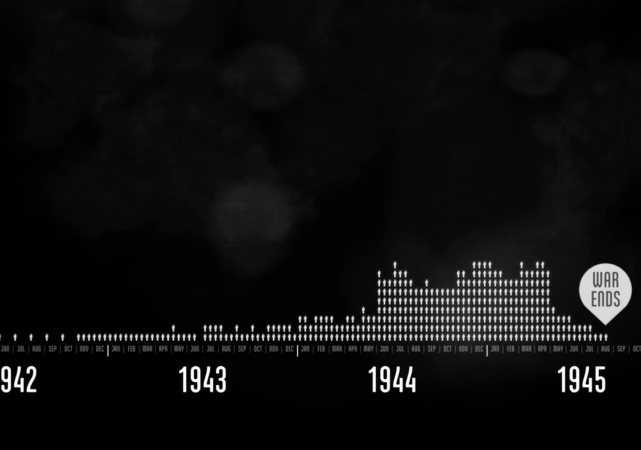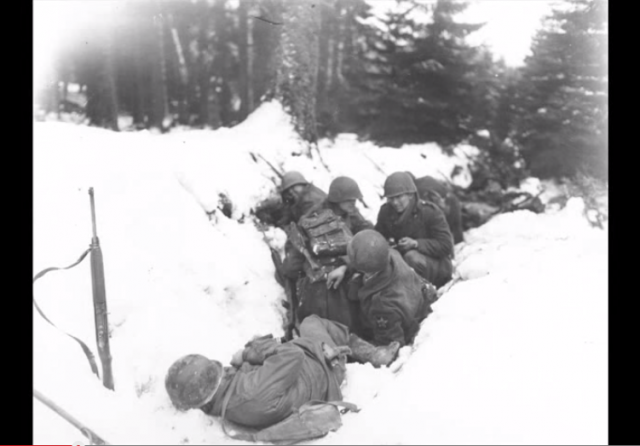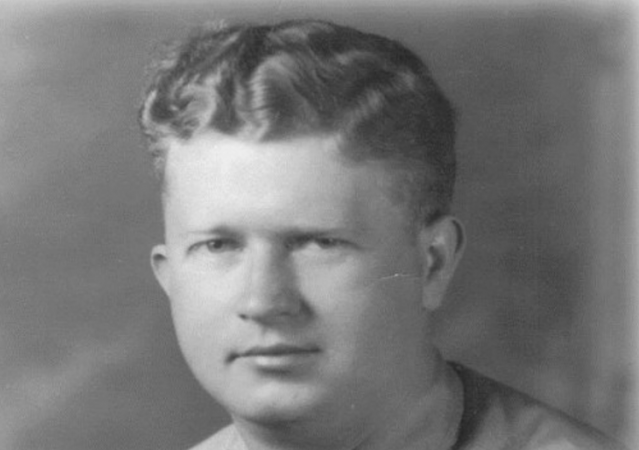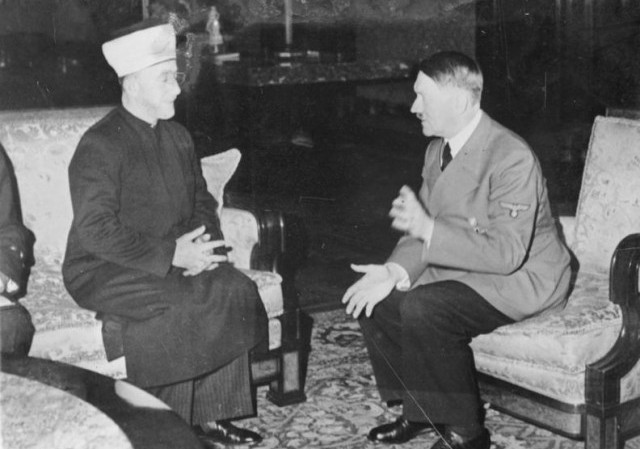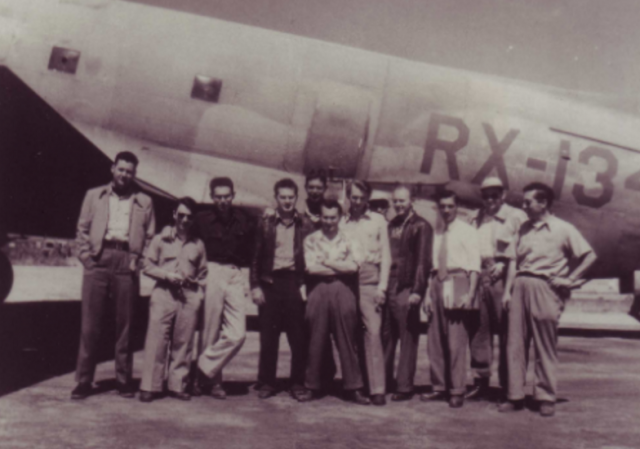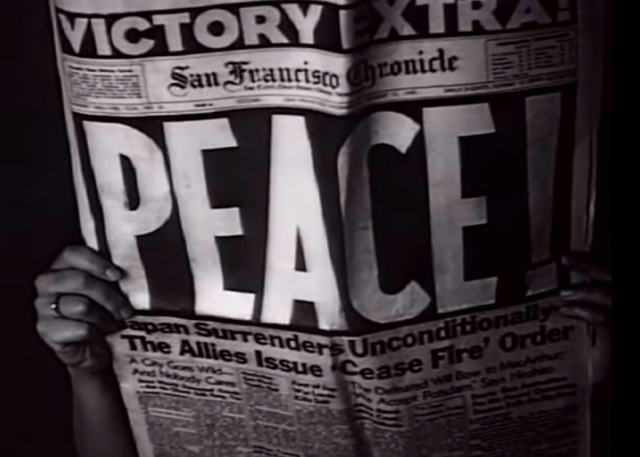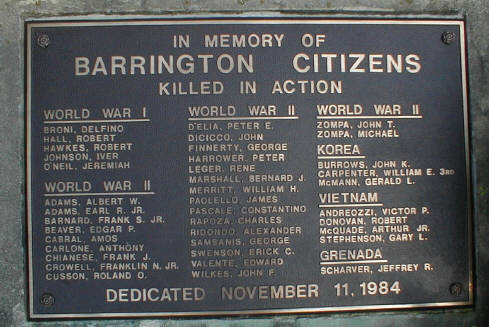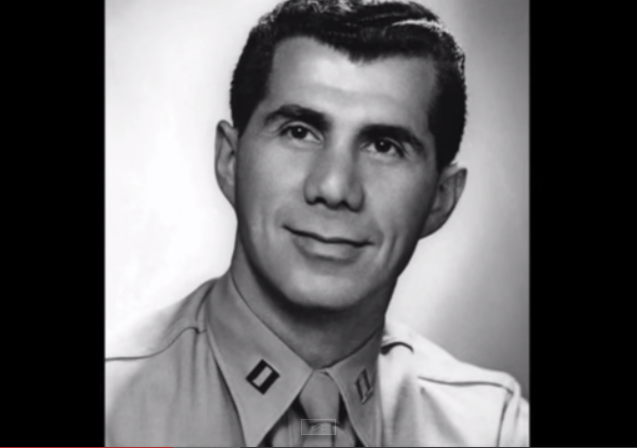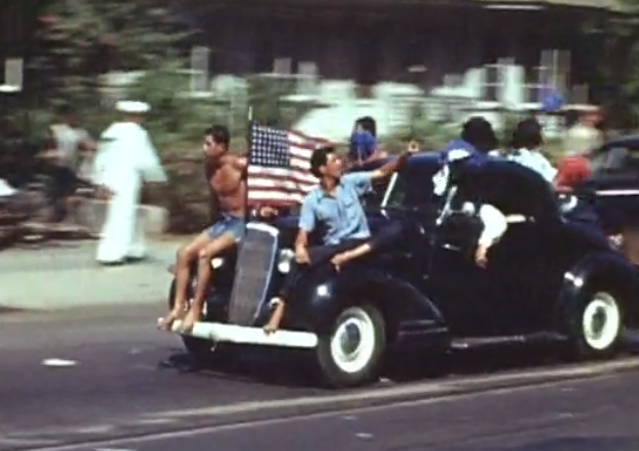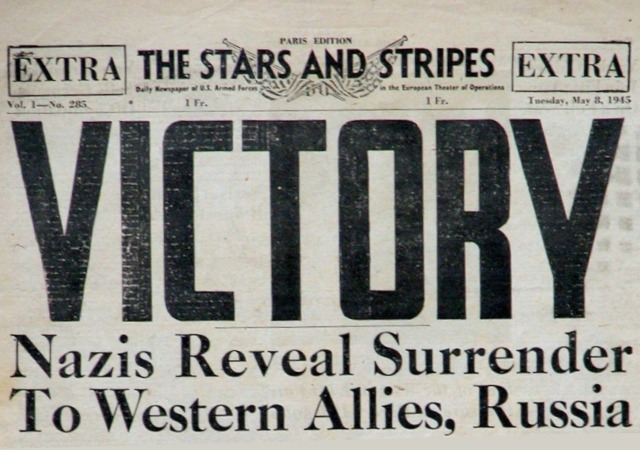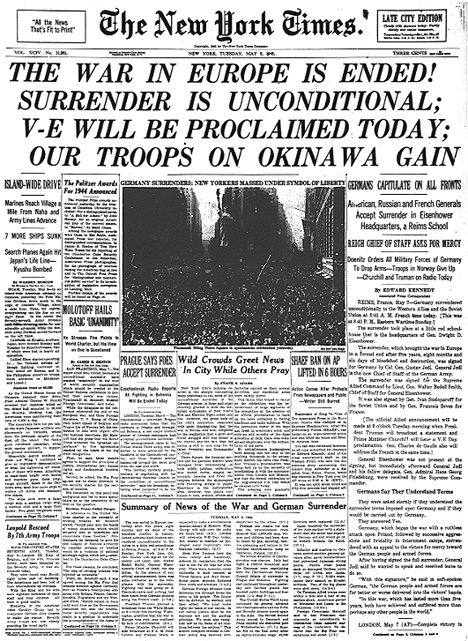In a previous post, I noted that the U.S.-Israel military relationship
remains solid. But back in 1948, America failed to support Israel militarily when the fledgling Jewish state needed it most.
In fact, as former Middle East peace envoy
Dennis Ross writes in his
important new book, the U.S. government was downright hostile to Israel in its early years.
Ross, who now serves as the William Davidson Distinguished Fellow at the Washington Institute for Near East Policy and as Distinguished Professor in the Practice of Diplomacy at Georgetown University, notes that nearly all of President Harry S. Truman’s major foreign policy advisors saw the emergence of Israel as “doom and gloom for the United States.”
At the time, this was also the predominant view within America's national security establishment.
Support for the Jewish state was considered of “no strategic benefit.” The fear (totally unfounded, as Ross points out) was that it would come “at enormous cost to our relations with the Arabs.”
In a chapter devoted to the Truman presidency, Ross describes how most leading U.S. national security officials at the time were on a “mission against the Jewish state.” Then senior members of the State Department, the Pentagon, and the CIA maintained a “hostile posture toward the Jewish state and continued to see only risks associated with U.S. support for it.”
Most also thought it highly “improbable that the Jewish state would survive over any considerable period of time.” So the consensus was that siding with the Arabs was the safer bet.
To be sure, as Ross rightly remarks, “Truman was a good friend of Israel.” But the “actual support he provided was limited.”

